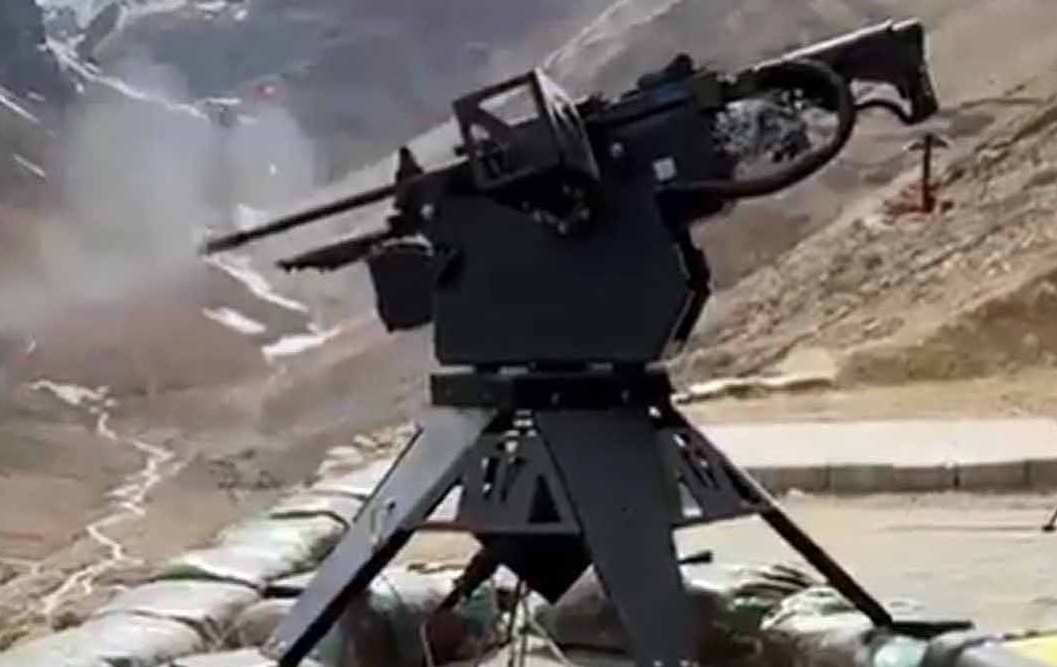Rocket Lab’s Neutron Rocket Joins U.S. Space Force’s $5.6 Billion NSSL Program

Rocket Lab has been officially selected by the United States Space Force (USSF) to compete for national security launch contracts under the National Security Space Launch (NSSL) Phase 3 program. This decision marks a major milestone for the company, as its upcoming Neutron rocket will play a crucial role in delivering sensitive defense payloads to space in the coming years.
The NSSL Phase 3, Lane 1, is a five-year contract running through June 2029, with a total funding ceiling of $5.6 billion. It aims to integrate lower-cost launch providers into the U.S. defense ecosystem, enhancing America’s ability to deploy critical national security assets in space. The contract includes a minimum of 30 missions, which will be distributed among the selected providers. Rocket Lab is one of only five companies chosen, highlighting its growing influence in the aerospace industry.
What is the Neutron Rocket?
Neutron is Rocket Lab’s next-generation reusable launch vehicle, specifically designed for medium-lift missions. Unlike the company’s smaller Electron rocket, which primarily launches small satellites, Neutron is built to carry payloads of up to 13,000 kg to low Earth orbit (LEO). It is made of carbon composite materials, ensuring a lightweight yet robust structure.
One of Neutron’s standout features is its reusability, which reduces launch costs and improves efficiency. The rocket's first stage is designed for rapid refurbishment and reuse, making it a cost-effective option for both commercial and government missions.
Key Specifications of Neutron Rocket
-
Payload Capacity: Up to 13,000 kg to LEO
-
Material: Carbon composite for high strength and low weight
-
Launch Site: Launch Complex 3, Wallops Island, Virginia, USA
-
Reusability: First stage designed for multiple reuses
-
Fairing System: Advanced design for payload protection and flexibility
-
First Launch: Expected in the second half of 2025
Rocket Lab’s Role in the U.S. Space Force Program
As part of its selection for the NSSL Phase 3 program, Rocket Lab has received an initial $5 million task order to conduct a Capability Assessment. This assessment will demonstrate how Neutron meets strict U.S. Space Force requirements such as precise launch timing, accurate orbital placement, and secure payload handling—all essential for national security missions.
Rocket Lab’s founder and CEO, Sir Peter Beck, emphasized the importance of Neutron’s role in the program, stating:
“Supporting assured access to space for the nation’s most important missions has always been the goal with our Neutron rocket.”
He further highlighted that Neutron will offer a balance of performance, affordability, and reliability, setting a new benchmark for medium-lift launch services.
Expanding Rocket Lab’s Presence in U.S. Defense Operations
Rocket Lab has gained recognition with its Electron rocket, which has completed over 40 successful launches. However, Neutron represents a major leap in payload capacity, bringing the company closer to competing with larger, well-established launch providers.
With significant investments in infrastructure, including new launch and production facilities in Virginia, Rocket Lab is positioning itself as a key partner for both commercial and government space missions. The U.S. Space Force’s selection of Neutron further validates the company’s technological advancements and long-term commitment to aerospace innovation.
As Rocket Lab prepares for Neutron’s debut launch in 2025, its role in the U.S. national security space program is set to grow, cementing its position as a major player in the future of space exploration and defense.
✍️ This article is written by the team of The Defense News.






